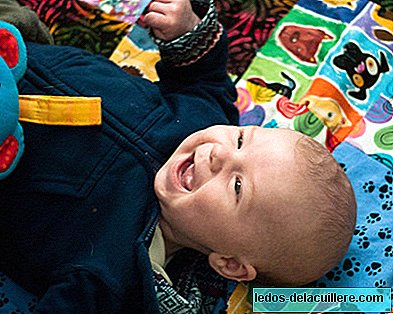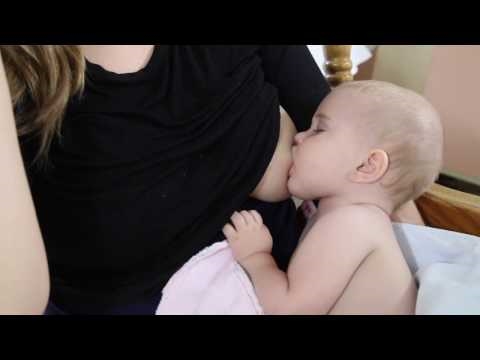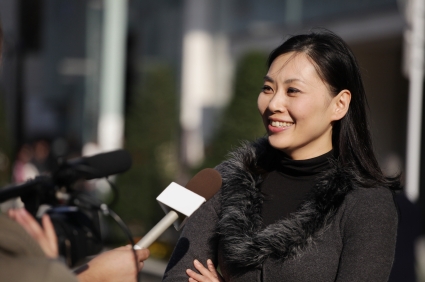It is possible that many parents do it because when they were little their parents did it with them, it is possible that they do it because it seems impolite that a person who asks a question is left unanswered, they may do it out of shame of the "what my son will say "and it may be due to something else, but it happens and happens often, that many fathers and mothers act as spokespersons for their children.
I suppose you already know what I mean: an adult approaches our son, explains something, asks him a question and it turns out that the answer does not come from the child, but from the accompanying adult, who responds as if the child were him , as if it were a ventriloquist or, simply, as if it were the spokesperson of his voice and thought.
If we talk about babies, whose answer is clear that it will never come because of their inability to express themselves, it is logical that some parents respond even in the first person: "What, do you like food?", "Yes, I love it! Especially the Apple". Sometimes a "tell" is added to the answer, as if putting the words in the child's mouth even knowing that he will not say them. So far it seems to me normal, logical and even funny, that's why creating dialogue and sharing words with the baby even when he can't start a conversation.
However, when children are older and better able to understand and express themselves, it can be counterproductive to limit our children's conversations by answering us. On one side, we don't let them express themselves at a time when, precisely, they are addressing them. On the other hand, we run the risk of making children believe that, or They are not who to speak with adults or that we assume that they won't know what to answer All this means that we reduce their autonomy and trust. Autonomy because we do not see them capable of dialogue (we save them if we believe they do not know how to respond) and we take away trust because we believe they can say something inappropriate.
AdvertisingIdeally, children can be part of society as one more and, therefore, can address anyone without fear, shame and without looking at dad or mom to respond when they ask them (I of when I was talking to me, I looked at my parents to talk to them, as they always did). Ideally, parents we keep quiet and that we simply observe the dialogue. At best, if we see that the child does not answer, we can intervene to explain the question to the child and to see if he wants to answer it, and I say that because although it may seem a matter of education, we are not really obliged to answer everything that we are asked .
I confess that at the beginning, in the first years as a father, I spoke as a spokesman on more than one occasion with the elder, partly because I had little linguistic ability and partly to offer controlled information, preventing the child from saying according to what things. Now, maybe because I have nothing to hide or maybe because it seems much more logical, I let them answer what they believe and talk, listen, answer, ask and ultimately train and rehearse in the art of dialogue and communication












